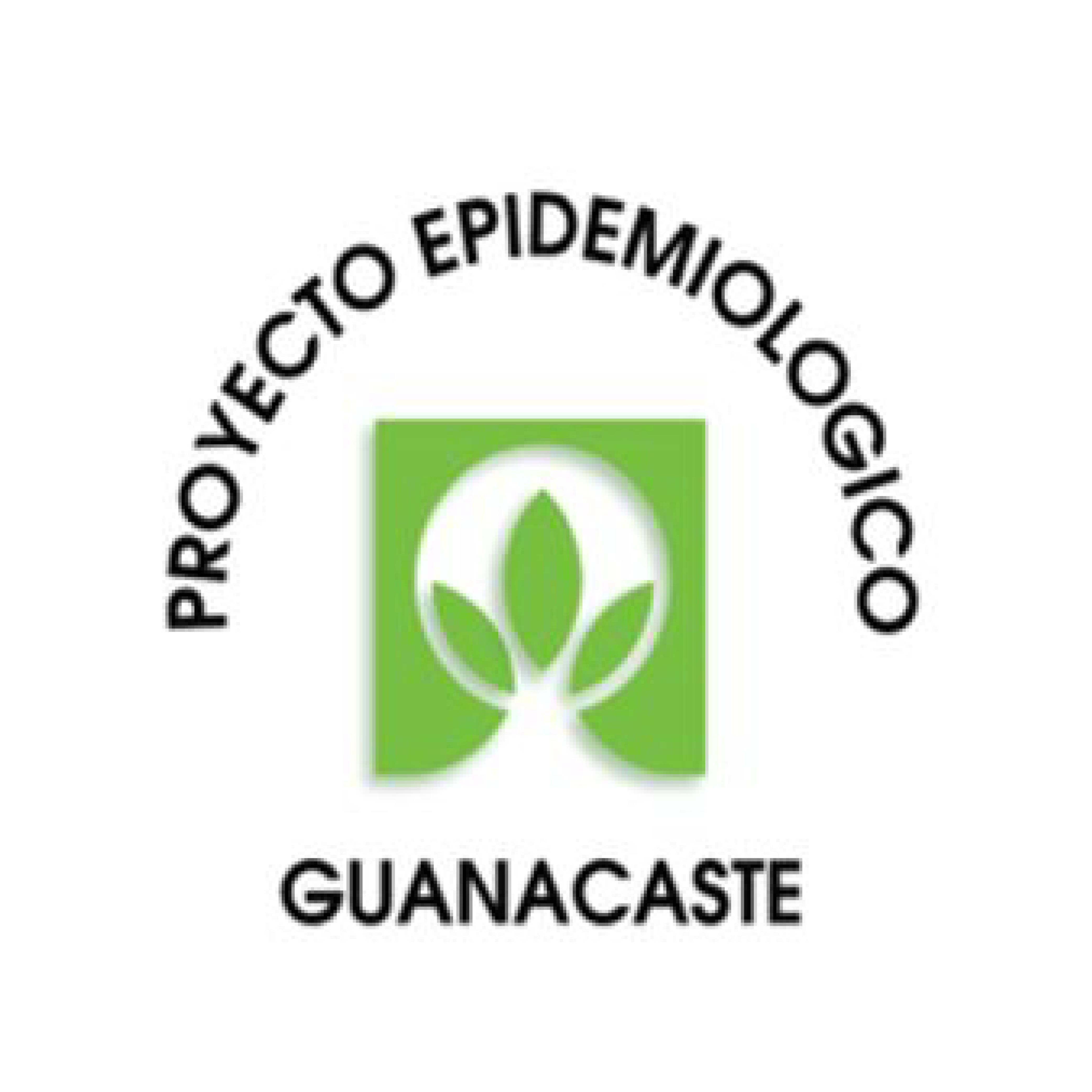
What is the CVT Vaccination Study?
The CVT Study was a community-based, controlled, double-blind, randomized clinical trial that began in May 2004 and included the participation of 7466 women between the ages of 18 and 25 and residents of the province of Guanacaste, Costa Rica and surrounding areas nearby.
The main objective of this research study was to demonstrate the efficacy of the candidate vaccine compared to the control vaccine in the prevention of CIN2+ (moderate or severe cervical intraepithelial neoplasia, cancer in situ or invasive cervical cancer) histologically confirmed, associated with HPV16 infection or HPV18, occurring after the third dose (from month 6 to month 48), in young adult women negative for HPV DNA by polymerase chain reaction (PCR) at months 0 and 6 for the corresponding type of HPV.
VACCINATION STUDY CVT means:
Phase III study of efficacy of a vaccine against HPV16/18, double-blind, controlled, randomized, for the prevention of advanced cervical neoplasia (CIN2, CIN3, adenocarcinoma in situ [AIS] and invasive cervical cancer), associated with infection by HPV16 or HPV18, in healthy young adult women in Costa Rica
Principal Investigators of the CVT VACCINATION STUDY: Rolando Herrero Acosta, Ph.D, ACIB-FUNIN, Allan Hildesheim Ph.D, NCI and Aimée R. Kreimer PhD, NCI
Sponsor: National Cancer Institute of the United States (NCI).
Institutions participating in the ESCUDDO Project: National Cancer Institute of the United States (NCI); Costa Rican Agency for Biomedical Research (ACIB-FUNIN), formerly the Guanacaste Epidemiological Project (PEG).
Approved by the Scientific Ethics Committee: CEC-INCIENSA
Results of Study


